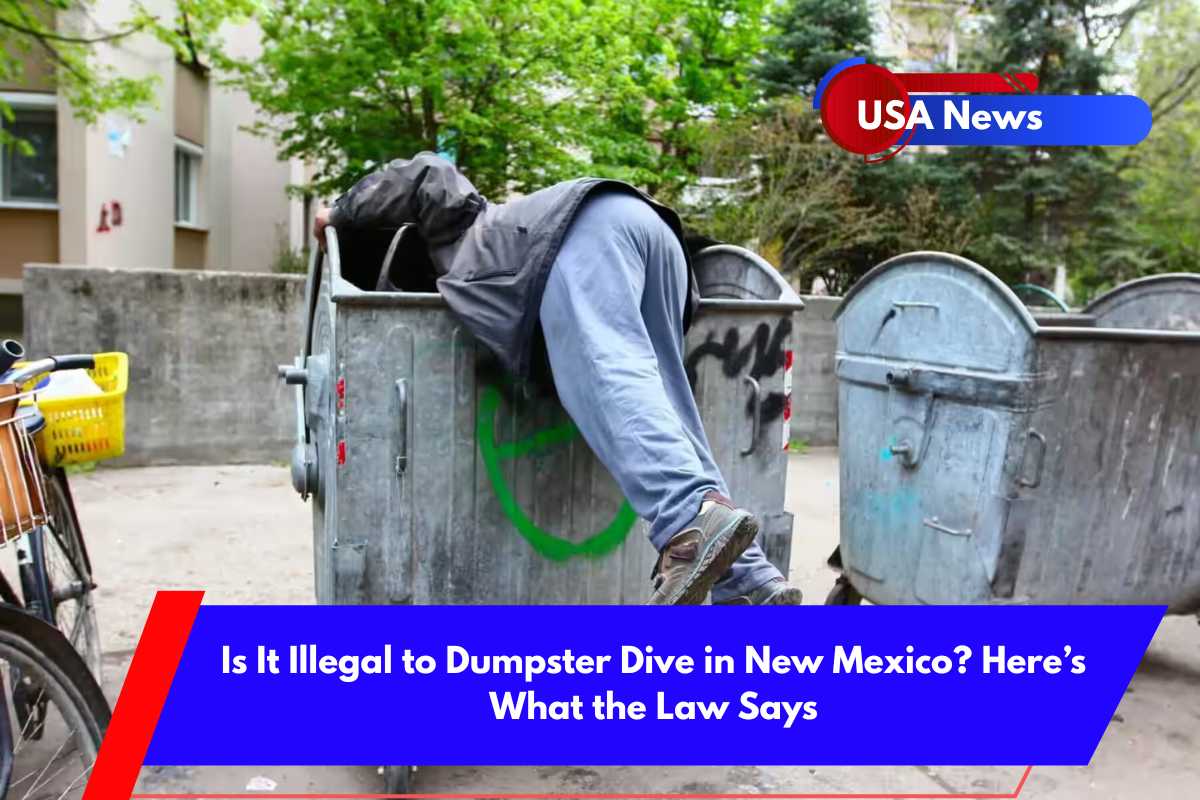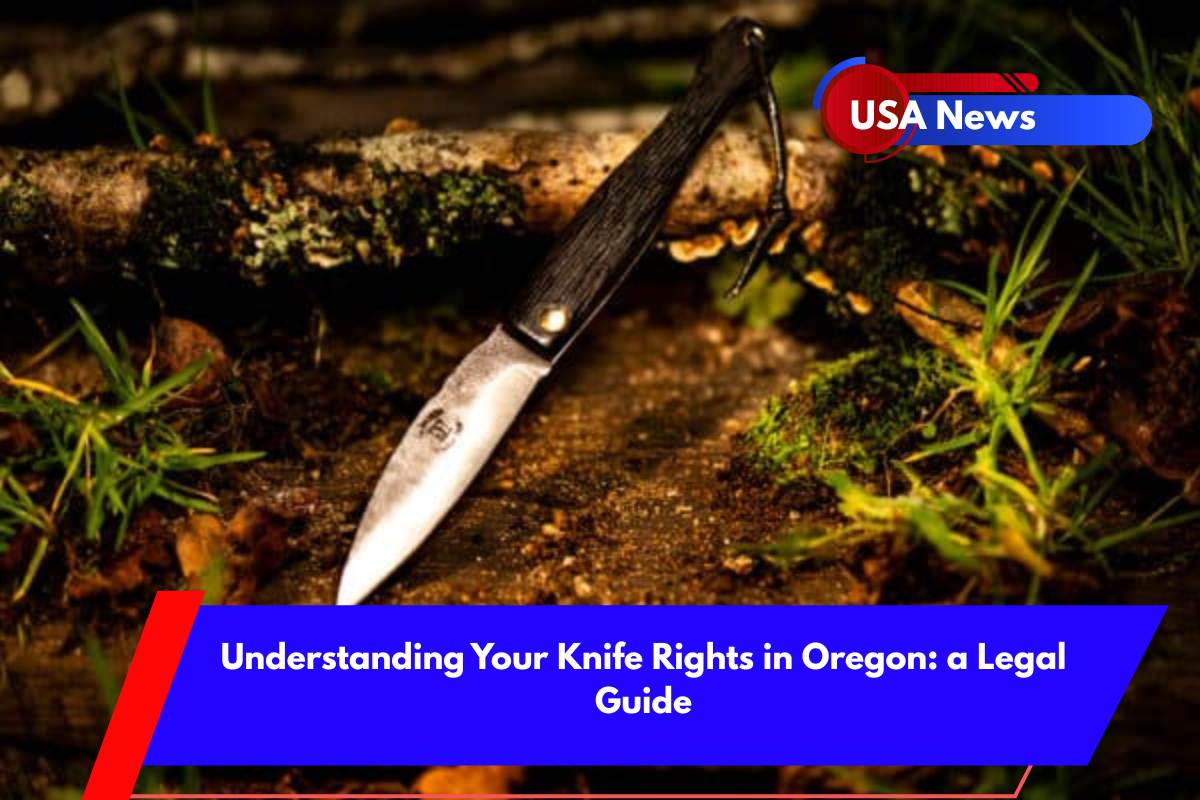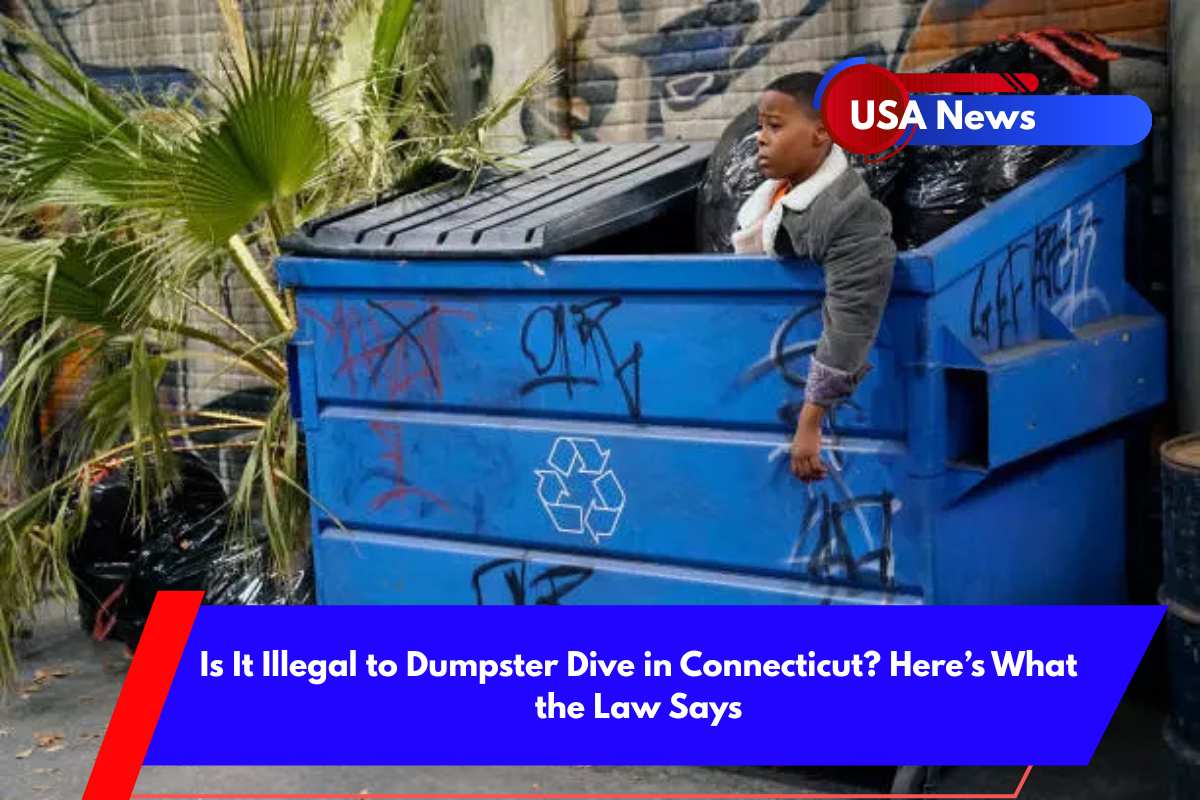Dumpster diving, or searching through discarded items in dumpsters or trash bins, is a practice that many people engage in for various reasons, from environmental concerns to finding usable items.
In New Mexico, dumpster diving is generally legal, but there are specific rules, local ordinances, and safety concerns to be aware of. Here’s everything you need to know about the practice and the legalities surrounding it.
Statewide Laws
No Statewide Ban
There is no statewide law in New Mexico that explicitly bans dumpster diving. You can legally search through public dumpsters or trash bins as long as you are on public property and not violating other laws.
However, it’s important to know the rules regarding trespassing, theft, and local ordinances, as they could affect your ability to dive in certain areas.
Supreme Court Precedent
The 1988 U.S. Supreme Court case, California v. Greenwood, established that garbage placed in public areas for collection is not protected by privacy laws. This means that, in general, once trash is discarded and left in public spaces, it is considered abandoned and can be legally searched or collected. This precedent makes dumpster diving legal in public places, as long as you don’t violate other regulations.
Key Legal Considerations
| Issue | Legal Status in New Mexico | Details |
|---|---|---|
| Dumpster Diving | Legal | No statewide law prohibits it; legal on public property. |
| Trespassing | Illegal | Accessing private property (fenced, locked areas, “No Trespassing” signs) is illegal. |
| Theft | Possible Risk | Taking items that are not officially discarded or still considered property of a business could be theft. |
| Littering | Illegal | Leaving trash outside the dumpster or making a mess can result in fines. |
| Local Ordinances | Varies | Some cities or towns may have specific rules restricting or banning dumpster diving. |
Where Is Dumpster Diving Allowed?
Public Property
Dumpster diving is legal on public property, such as dumpsters placed on public streets or in alleys. As long as you’re not trespassing on private land or violating any local rules, you are generally free to dive in public dumpsters.
Private Property
Most dumpsters located behind businesses, in fenced areas, or marked with “No Trespassing” signs are considered private property. Accessing these dumpsters without permission is illegal, as it constitutes trespassing. Always respect private property boundaries.
Locked or Gated Dumpsters
If a dumpster is locked or placed behind a gate, it is off-limits. Tampering with locks or gates to access a dumpster could result in criminal charges, including trespassing or vandalism.
Local Ordinances
Check Local Laws
While New Mexico has no statewide law banning dumpster diving, some municipalities may have their own local ordinances that restrict or even prohibit dumpster diving, particularly in residential areas or business districts. It’s essential to check your city or county’s regulations before diving to avoid running into legal trouble.
Safety and Etiquette Tips
Avoid Trespassing: Always make sure you are accessing dumpsters on public property or those with explicit permission. Do not cross onto private property or areas marked as restricted.
Leave No Mess: Clean up after yourself. Leaving trash or making a mess can lead to littering fines or bad interactions with property owners or other individuals.
Be Respectful: If you are confronted by a property owner, business employee, or security personnel, be respectful and leave the area if asked. You do not want to escalate the situation.
Stay Safe: Dumpster diving can involve hazardous materials. Wear gloves and protective clothing to avoid injury or exposure to harmful substances. Always be mindful of sharp objects, broken glass, or potentially dangerous items.
Sources:
1. https://scrapsafari.com/dumpster-diving-in-new-mexico/
2. https://worldpopulationreview.com/state-rankings/dumpster-diving-legal-states
3. https://www.findlaw.com/injury/torts-and-personal-injuries/dumpster-diving.html













